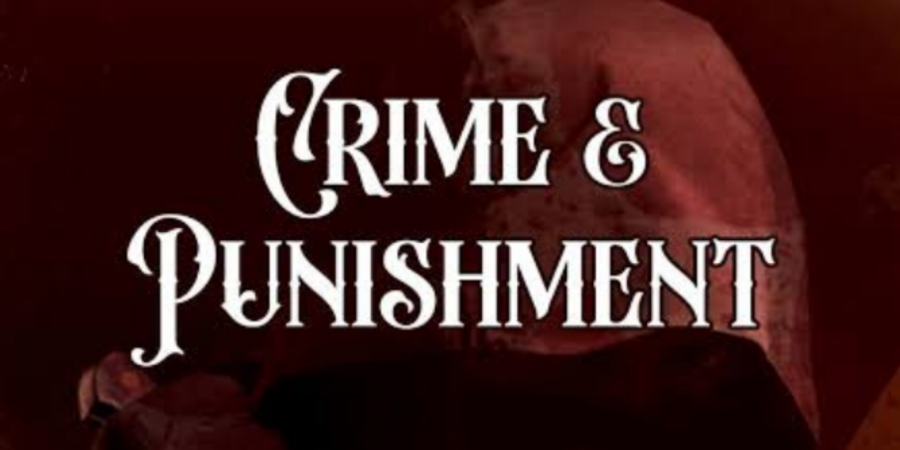

Fyodor Dostoevsky's Crime and Punishment isn't just a gripping tale of a murder; it's a harrowing descent into the abyss of a guilt-ridden mind. Raskolnikov, the brilliant but impoverished ex-student, isn't a one-dimensional villain. Dostoevsky crafts a complex protagonist who intellectualizes a crime he believes puts him above societal norms. The darkness isn't just external, in the poverty-stricken streets of St. Petersburg, but internal, as Raskolnikov grapples with his twisted justifications and the horrifying reality of his actions.
Crime and Punishment transcends the crime genre by posing profound philosophical questions. Is Raskolnikov a monstrous murderer or a product of societal despair? Can a theory, however twisted, justify taking another's life? The novel doesn't offer easy answers. Instead, it challenges our moral foundations and compels us to consider the complexities of human nature. The darkness Dostoevsky explores isn't just the darkness of criminal acts, but the darkness that resides within us all, the potential for immense good intertwined with the capacity for terrible evil.
This enduring masterpiece isn't just a historical snapshot of 19th-century Russia. It's a timeless exploration of the human condition, laying bare the psychological turmoil of transgression and the yearning for redemption that flickers even in the deepest shadows.
Raskolnikov's Twisted Logic:
Dostoevsky masterfully portrays Raskolnikov's descent not as a sudden plunge, but a gradual erosion of morality. Poverty and social injustice fester his resentment, leading him to develop a theory that categorizes people as "ordinary" and "extraordinary." He believes extraordinary people, like Napoleon, can break the rules for a greater good. This warped logic becomes the justification for the pawnbroker's murder.
The Crushing Weight of Guilt:
The crime itself is overshadowed by the psychological trauma that follows. Raskolnikov isn't a hardened criminal reveling in his act. He becomes increasingly isolated, suspicious of everyone, and haunted by nightmares. Dostoevsky brilliantly depicts the suffocating power of guilt, which manifests in Raskolnikov's physical and mental deterioration.
Characters as Catalysts:
Dostoevsky surrounds Raskolnikov with characters who act as mirrors to his soul. Sonia Marmeladova, a young woman forced into prostitution, embodies compassion and unwavering faith. Through her, Raskolnikov confronts the possibility of redemption. The enigmatic Svidrigailov, who seems to understand Raskolnikov's darkness, represents a path of complete moral decay. These contrasting figures force Raskolnikov to grapple with his own moral choices.
The Search for Redemption:
Despite the bleakness, Dostoevsky offers a glimmer of hope. The path to redemption isn't easy. It requires a complete breakdown of Raskolnikov's self-justification and a genuine acceptance of guilt. Sonia's unwavering faith and the human connection he finds with her become a lifeline for him.
A Timeless Exploration:
Crime and Punishment isn't simply a period piece. Dostoevsky delves into timeless questions about morality, guilt, and the potential for redemption that continues to resonate with readers today. The novel challenges us to examine our own moral compasses and the darkness that might lurk within us all.
